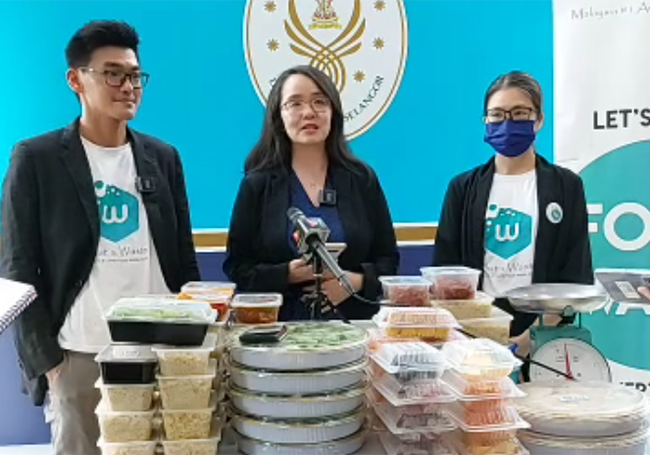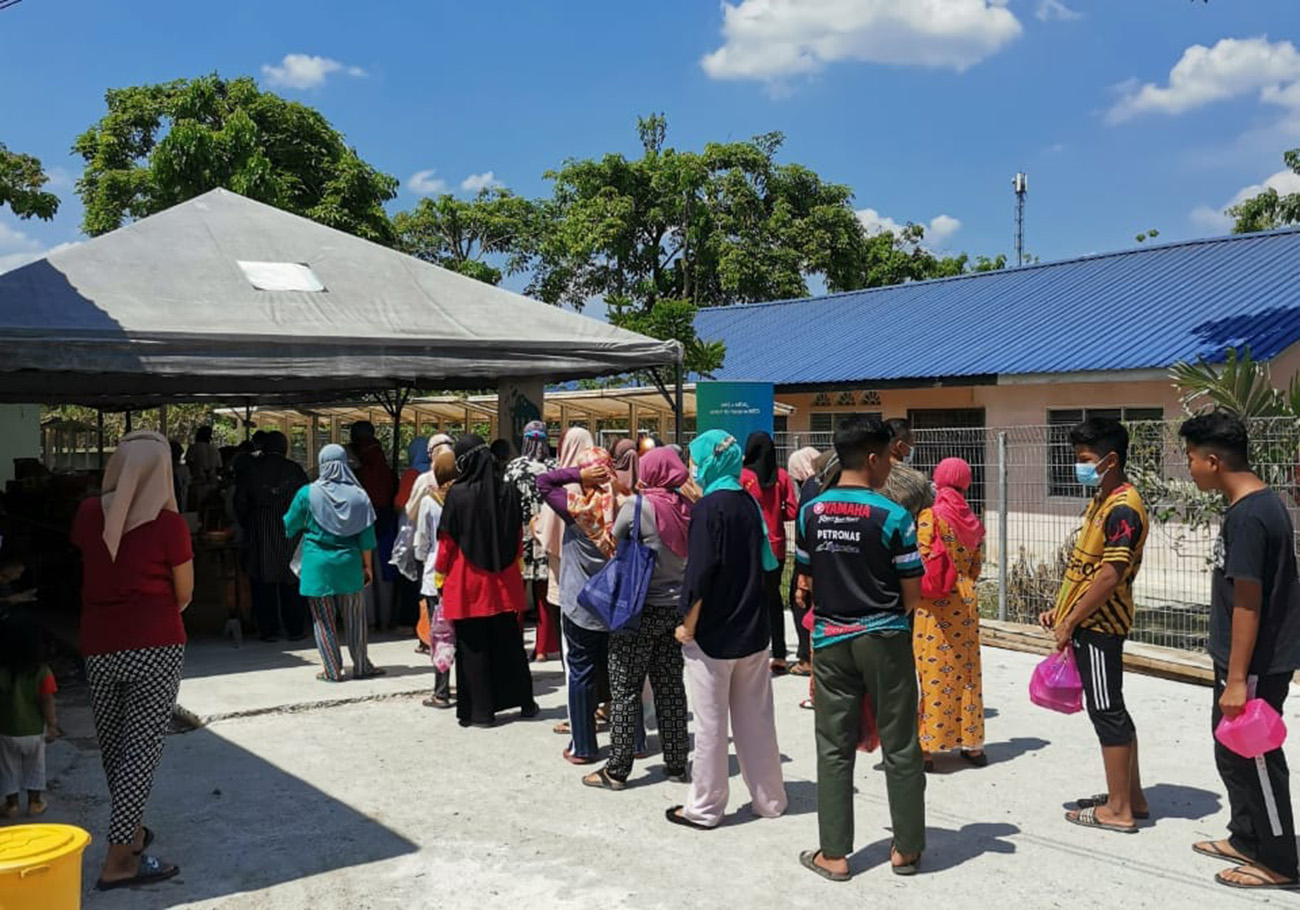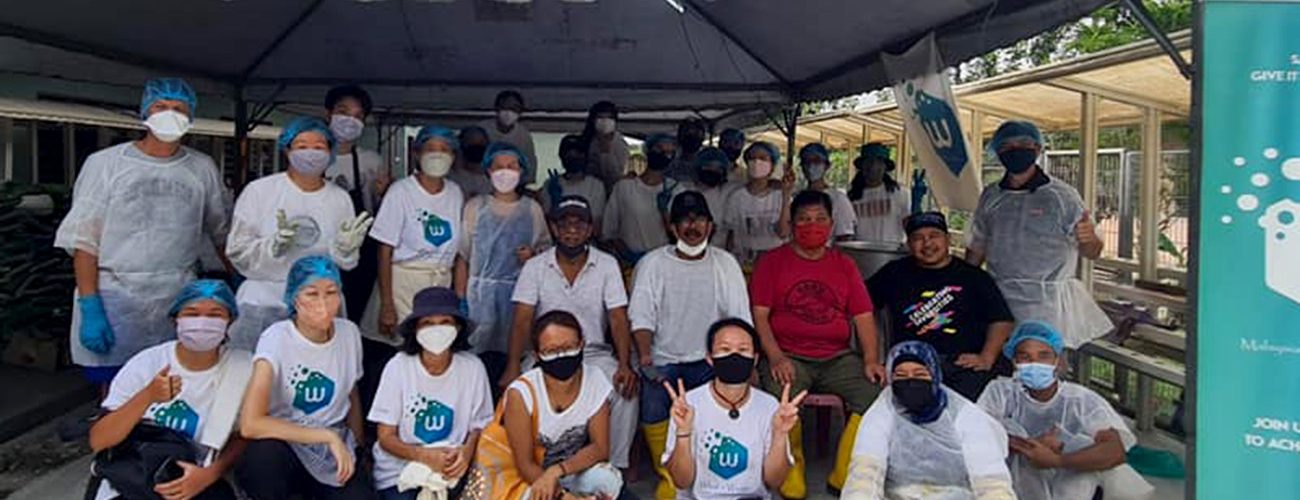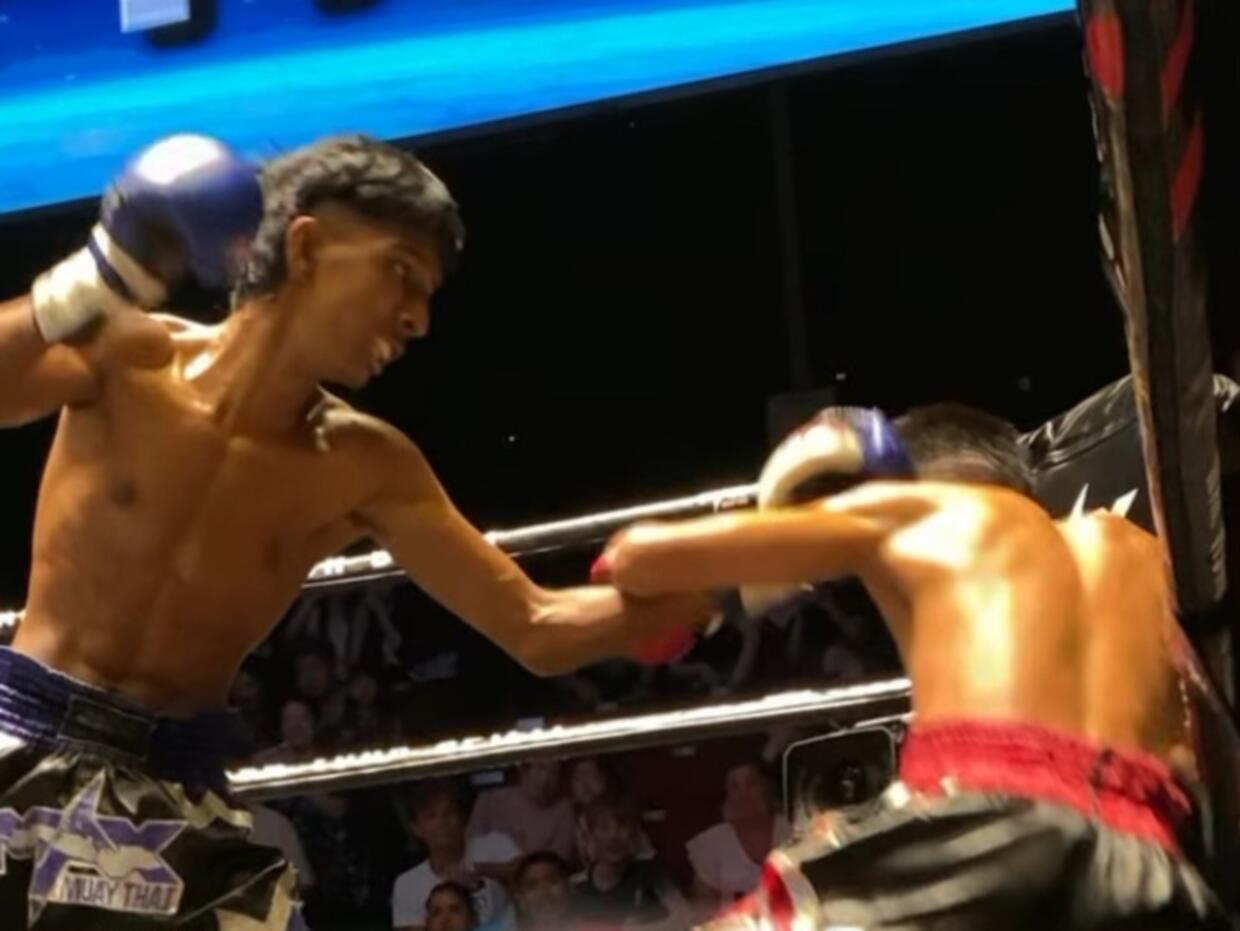
Social enterprise What A Waste (WAW) has rescued 177kg of food over three days from the Selangor assembly in Shah Alam and channelled it to various homes for underprivileged children. The initiative to collect surplus cooked food at the Selangor legislative sitting began in the previous meeting in December 2022 and continued as a good move, said Subang Jaya assemblyman Michelle Ng.
Ng cited the United Nations guideline that 1kg of food waste in a landfill produces the equivalent of 2.5kg of carbon dioxide emissions. The rescued food means a reduction of 442.5kg of carbon dioxide emissions.
During a press conference on Friday, Ng spoke about the link between food waste and climate change. She explained that when surplus food is sent to a landfill, it will rot and produce methane, carbon dioxide and greenhouse gas, contributing to global warming and climate change.
Ng called for consumers to be mindful of their consumption and not waste food. Ahead of the upcoming festive season, she urged food and beverage operators and the community to think of ways to reduce food waste.

WAW co-founder Alvin Chen said the Subang Jaya-based organisation rescues surplus food and gives it to marginalised communities. The food comprises ready-to-eat food and raw ingredients that are unsold or unwanted. WAW handles food waste in two ways, through the direct distribution of surplus food and a programme to empower single mothers with cooking skills. Single mothers are recruited as partner cooks for WAW, with zero cost on their part.
Chen explained that WAW gives them raw ingredients and rescued containers, and they help the organisation to repurpose the ingredients into wholesome food packs. All food packs are distributed to various communities or beneficiaries. Through this method, WAW could weather through the movement control order period and assist with crises such as flood relief efforts. Chen said that the more people are aware of food wastage, the more people will be involved in addressing the issue together, as it should be a matter of shared responsibility.
The food that WAW channels are packed in clean plastic containers donated by the public, so there is no wastage in packaging. WAW has rescued over 10 million kg of food, which means a reduction of 25 million kg of carbon dioxide emissions, based on an audit of its efforts. The organisation is making a difference in reducing food waste and creating a positive environmental impact.











